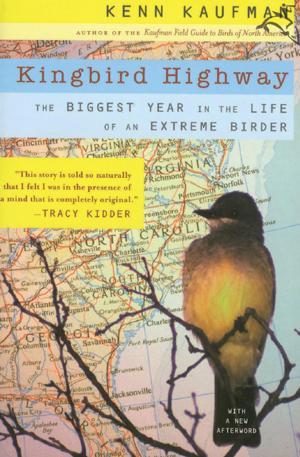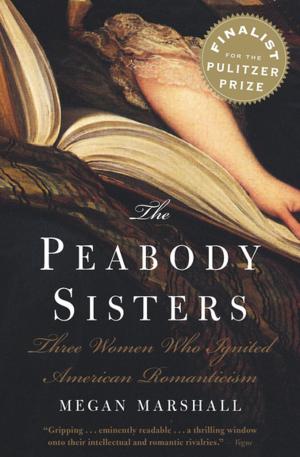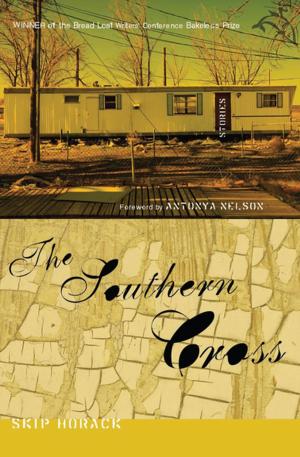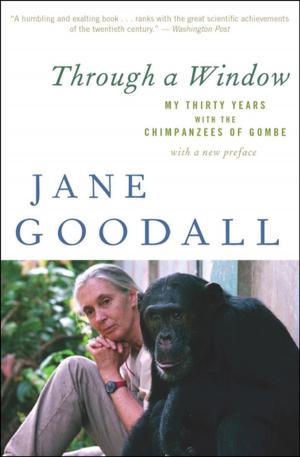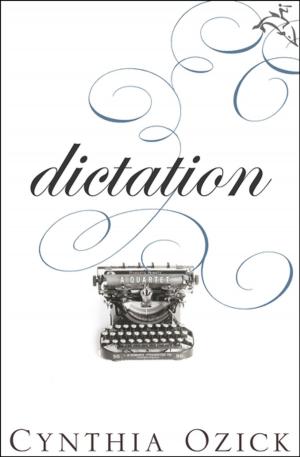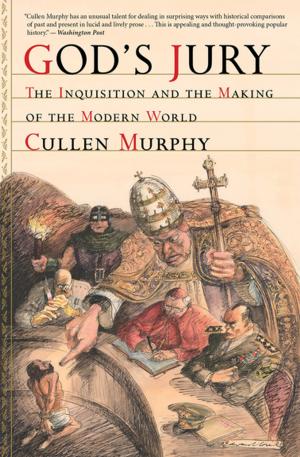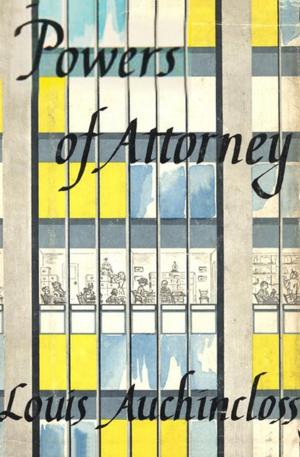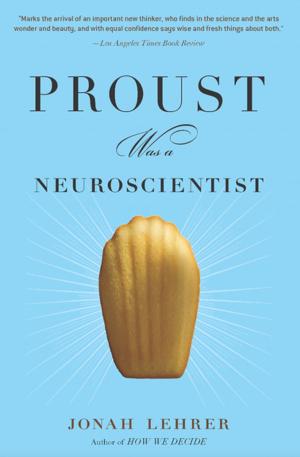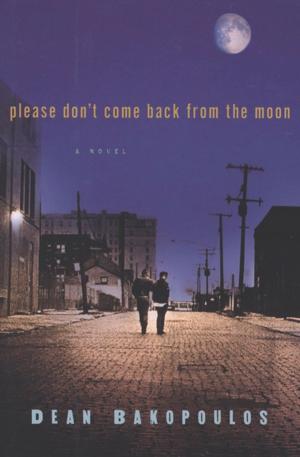Inside the Dream Palace
The Life and Times of New York's Legendary Chelsea Hotel
Nonfiction, Entertainment, Performing Arts, Art & Architecture, History, Americas, United States, 20th Century| Author: | Sherill Tippins | ISBN: | 9780544003064 |
| Publisher: | Houghton Mifflin Harcourt | Publication: | December 3, 2013 |
| Imprint: | Mariner Books | Language: | English |
| Author: | Sherill Tippins |
| ISBN: | 9780544003064 |
| Publisher: | Houghton Mifflin Harcourt |
| Publication: | December 3, 2013 |
| Imprint: | Mariner Books |
| Language: | English |
Winner of the National Award for Arts Writing: “If there were a course in Chelsea Hotel-iana, this would be the textbook” (The New York Times).
It’s where Dylan Thomas lived his last days, Bob Dylan wrote Blonde on Blonde, and Arthur C. Clarke wrote 2001: A Space Odyssey. It is memorialized by many of its famous inhabitants: Andy Warhol filmed Chelsea Girls there, and Leonard Cohen wrote Chelsea Hotel #2 about his tryst with Janis Joplin.
Since its founding by a utopian-minded French architect in 1884, New York’s Chelsea Hotel has been a hotbed of artistic invention and inspiration. Cultural luminaries from Sid Vicious to Thomas Wolfe, Edith Piaf to Patti Smith, Jean-Paul Sartre to Dee Dee Ramone—all made the Chelsea the largest and longest-lived artist community in the world. Inside the Dream Palace tells the hotel’s story, from its earliest days as a cooperative community, through its pop art, rock-and-roll, and punk periods, to its later transformations under new ownership.
With this lively and fascinating history, “Tippins tells riveting stories about the Chelsea’s artists, but she also captures a much grander, and more pressing, narrative: that of the ongoing battle between art and capitalism in the city” (The New Yorker).
“An inspired investigation into the utopian spirit of the Chelsea Hotel.” —Elle
“An impossible order for any writer: Get the Chelsea’s romance down on paper and try to keep up with Patti Smith and Joni Mitchell and Arthur Miller. But Sherill Tippins’s history does a vivid job of taking you up into those seedy, splendid hallways, now gone forever.” —New York magazine
“Tippins succeeds where other historians studying New York landmarks have failed: She understands that even the most splendid buildings are mere settings for the personalities that inhabit them, and wisely bypasses rote chronology for the vigor of cultural excavation.” —Time Out New York
“Not only essential to the understanding of this crucial New York City—and therefore American—cultural landmark, but as majestic and populous as the edifice itself, and completely entertaining.” —Daniel Menaker, author of My Mistake
Winner of the National Award for Arts Writing: “If there were a course in Chelsea Hotel-iana, this would be the textbook” (The New York Times).
It’s where Dylan Thomas lived his last days, Bob Dylan wrote Blonde on Blonde, and Arthur C. Clarke wrote 2001: A Space Odyssey. It is memorialized by many of its famous inhabitants: Andy Warhol filmed Chelsea Girls there, and Leonard Cohen wrote Chelsea Hotel #2 about his tryst with Janis Joplin.
Since its founding by a utopian-minded French architect in 1884, New York’s Chelsea Hotel has been a hotbed of artistic invention and inspiration. Cultural luminaries from Sid Vicious to Thomas Wolfe, Edith Piaf to Patti Smith, Jean-Paul Sartre to Dee Dee Ramone—all made the Chelsea the largest and longest-lived artist community in the world. Inside the Dream Palace tells the hotel’s story, from its earliest days as a cooperative community, through its pop art, rock-and-roll, and punk periods, to its later transformations under new ownership.
With this lively and fascinating history, “Tippins tells riveting stories about the Chelsea’s artists, but she also captures a much grander, and more pressing, narrative: that of the ongoing battle between art and capitalism in the city” (The New Yorker).
“An inspired investigation into the utopian spirit of the Chelsea Hotel.” —Elle
“An impossible order for any writer: Get the Chelsea’s romance down on paper and try to keep up with Patti Smith and Joni Mitchell and Arthur Miller. But Sherill Tippins’s history does a vivid job of taking you up into those seedy, splendid hallways, now gone forever.” —New York magazine
“Tippins succeeds where other historians studying New York landmarks have failed: She understands that even the most splendid buildings are mere settings for the personalities that inhabit them, and wisely bypasses rote chronology for the vigor of cultural excavation.” —Time Out New York
“Not only essential to the understanding of this crucial New York City—and therefore American—cultural landmark, but as majestic and populous as the edifice itself, and completely entertaining.” —Daniel Menaker, author of My Mistake


